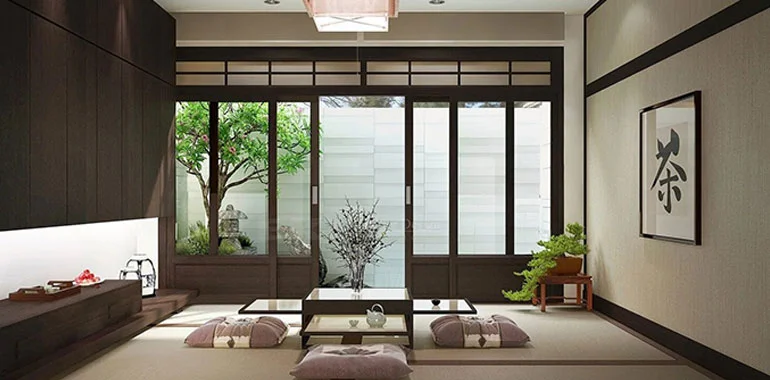
Introduction
Minimalist interior design embraces simplicity, clean lines, and a focus on functionality. By decluttering and simplifying spaces, the minimalist design creates tranquil and harmonious environments that promote relaxation and mindfulness. This blog explores the principles of minimalist design, its benefits, and how to incorporate minimalist elements into different areas of your home.
The Principles of Minimalist Design
Minimalist design is characterized by simplicity, eliminating unnecessary ornamentation and excessive decoration. It focuses on the essentials, allowing each element to have space to breathe and be appreciated. Clean lines, neutral color palettes, and ample natural light are fundamental elements of minimalist interiors. In minimalist design, less is more, and every item serves a purpose.
Applying Minimalism in Different Spaces
From living rooms to bedrooms, kitchens to bathrooms, minimalist design can be applied to various areas of a home. In living rooms, clutter-free spaces with minimalist furniture, uncluttered surfaces, and strategic storage solutions create a sense of openness and calm. Bedrooms embrace minimalism with clutter-free surfaces, simple bedding, and soothing color schemes, promoting a restful and serene atmosphere.